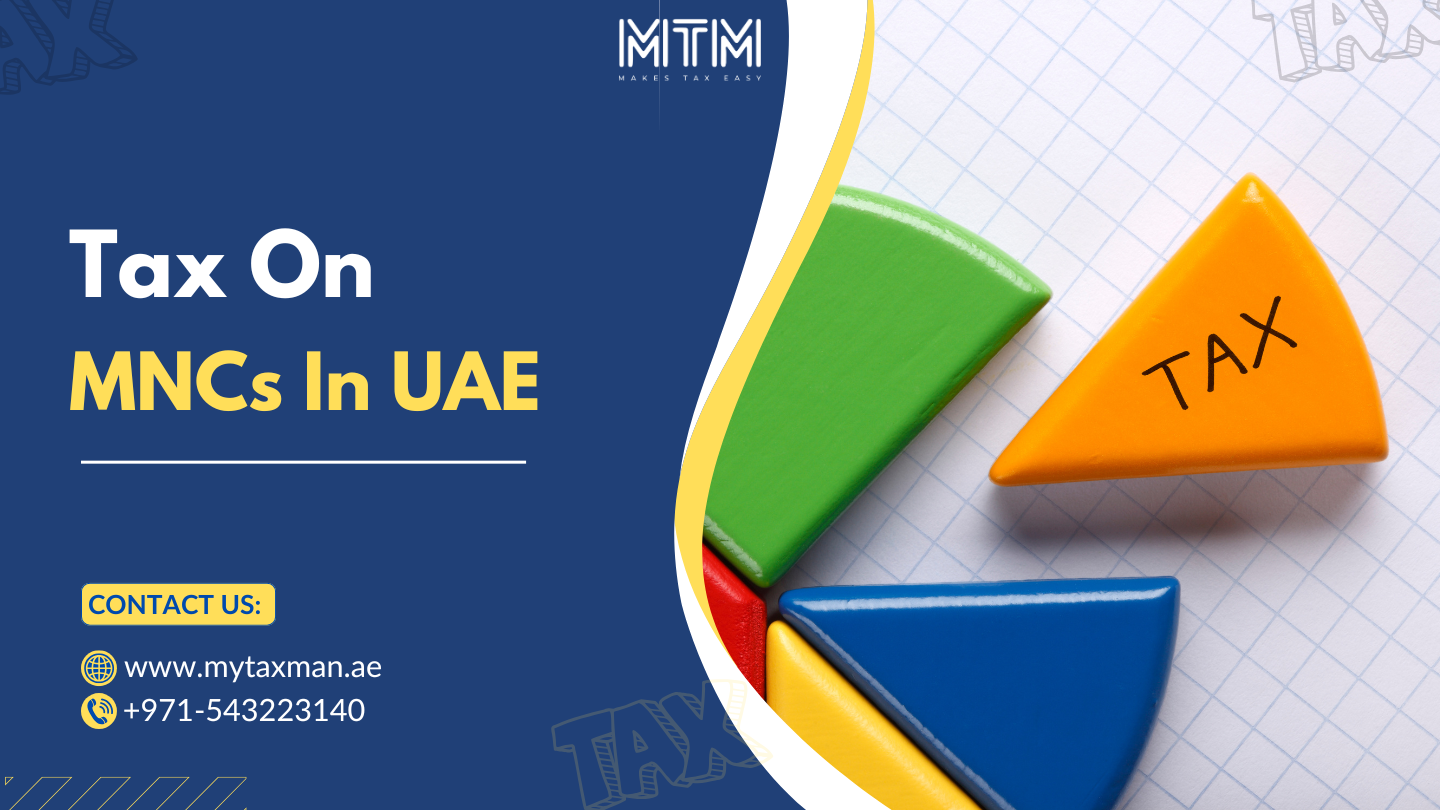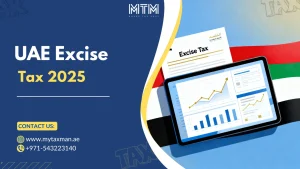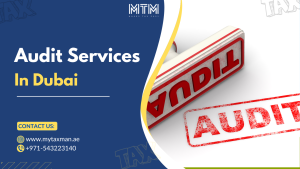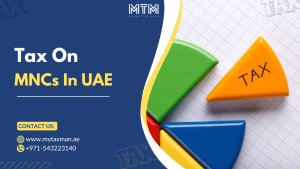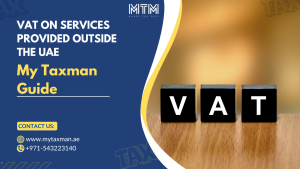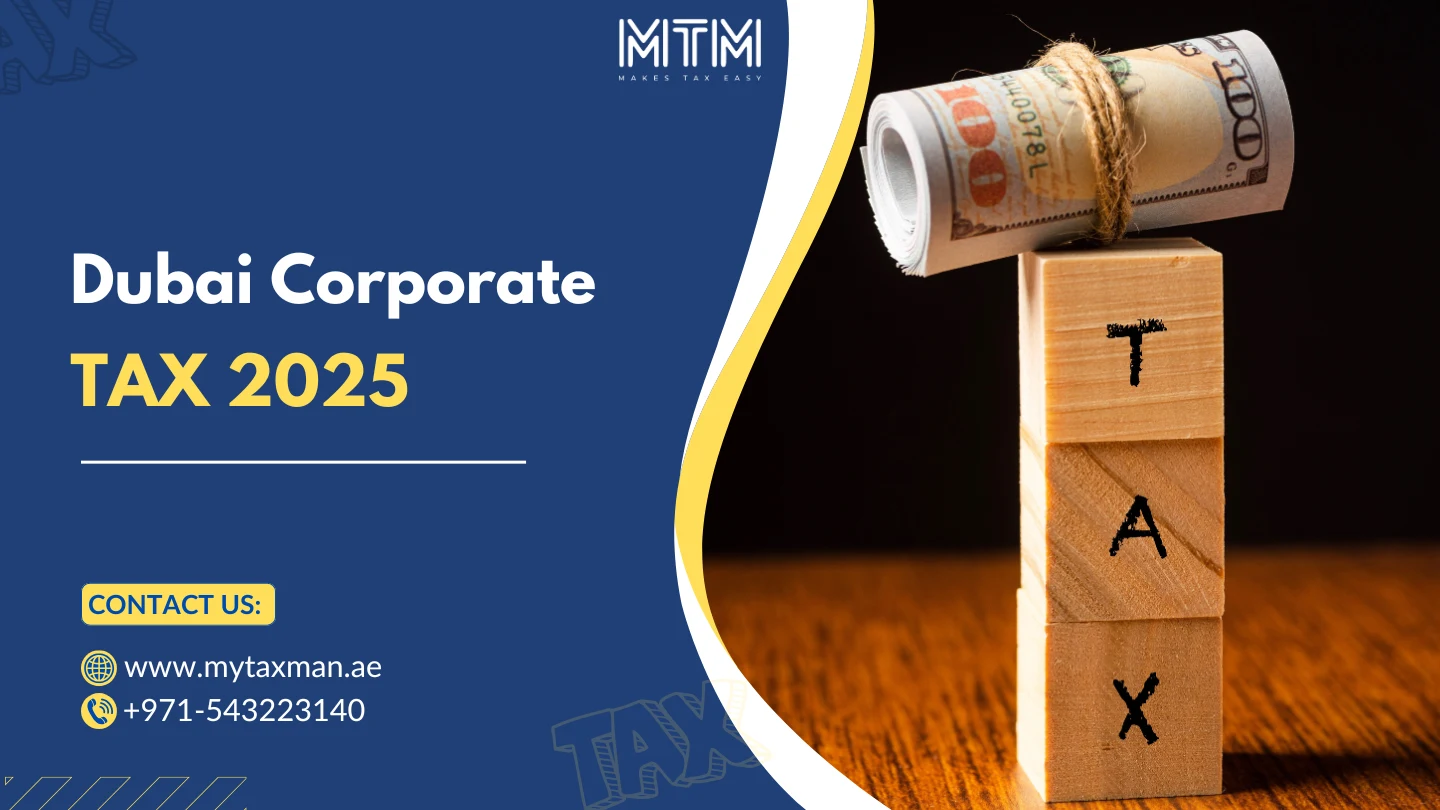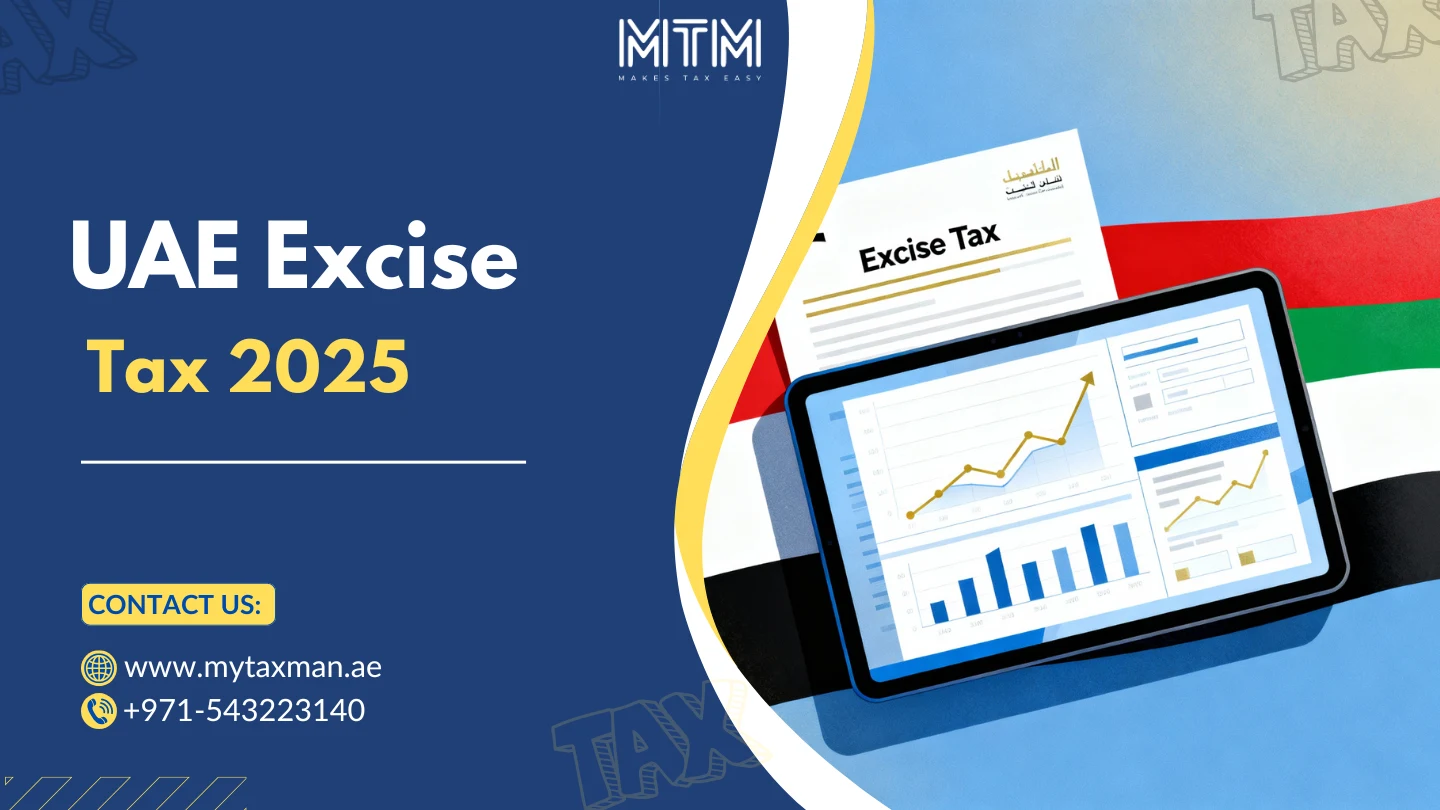The United Arab Emirates has entered a transformative phase in its tax landscape with the implementation of a 15% Tax On Multinational Companies effective January 1, 2025. This landmark reform aligns the UAE with the OECD’s Pillar Two Global Minimum Tax framework, ensuring that large multinational enterprises (MNEs) pay a fair share of taxes while maintaining the country’s competitive business environment.
For businesses operating in the UAE—whether you’re a global corporation, regional headquarters, or local enterprise working with MNCs—understanding the new Domestic Minimum Top-up Tax (DMTT) is crucial for strategic planning, compliance, and financial optimization. This comprehensive guide covers everything you need to know about UAE Corporate Tax for multinationals, including eligibility criteria, compliance requirements, penalties, exemptions, and actionable strategies to navigate this new regulatory landscape successfully.
Table of Contents
ToggleWhat Is Tax On Multinational Companies in UAE?
The Tax On Multinational Companies refers to the UAE’s newly implemented Domestic Minimum Top-up Tax (DMTT), a supplementary tax mechanism designed to ensure large multinational enterprise groups pay a minimum effective tax rate of 15% on their UAE operations.
Key Features of the DMTT:
- Effective Date: Applies to fiscal years beginning on or after January 1, 2025
- Tax Rate: 15% minimum effective tax rate on profits
- Global Framework: Aligns with OECD Pillar Two GloBE (Global Anti-Base Erosion) Model Rules
- Revenue Threshold: Targets MNEs with consolidated global revenues of €750 million or more
- Qualifying Status: The UAE DMTT has received OECD Transitional Qualified Status, meaning it meets international standards
This reform represents the UAE’s commitment to international tax transparency while preserving its status as a premier global business hub.

Why Is UAE Introducing This Tax Reform?
Global Tax Alignment and OECD Pillar Two
The implementation of Corporate Tax For Large MNCs stems from the Organisation for Economic Co-operation and Development’s (OECD) Base Erosion and Profit Shifting (BEPS) 2.0 initiative. This global framework aims to:
- Prevent multinational corporations from shifting profits to low-tax jurisdictions
- Ensure fair taxation across all countries where businesses operate
- Create a level playing field for global competition
- Reduce tax avoidance and harmful tax practices
Maintaining International Credibility
By adopting the 15% minimum tax, the UAE demonstrates its commitment to:
- International cooperation and transparency
- Responsible business practices
- Sustainable economic growth
- Enhancing its reputation as a credible financial center
Protecting the Domestic Tax Base
The DMTT ensures that if UAE entities of large MNEs pay less than 15% effective tax, the “top-up” tax is collected by the UAE government rather than foreign jurisdictions. This protects the UAE’s tax revenue while maintaining competitiveness.
Who Must Pay the 15% Tax On Multinational Companies?
Eligibility Criteria
The UAE Corporate Tax for multinationals applies specifically to multinational enterprise groups meeting the following conditions:
Revenue Threshold:
- Consolidated global revenues of at least €750 million in at least two of the four fiscal years immediately preceding the current fiscal year
- Special testing rules apply in cases of mergers, demergers, or group restructuring
Entity Types Subject to DMTT:
- Constituent Entities (CEs) operating in the UAE
- Permanent Establishments (PEs) located in the UAE
- Joint Ventures (JVs) with 50% or greater equity interest
- Minority-Owned Constituent Entities (MOCEs)
Tax Residents and Non-Residents:
- UAE tax resident entities that are part of qualifying MNE groups
- Non-resident entities with UAE permanent establishments
Who Is Exempt from the 15% Tax?
The following entities are NOT subject to the Tax On Multinational Companies:
Excluded Entities:
- Small and medium enterprises (SMEs) with revenues below €750 million threshold
- Governmental entities and sovereign wealth funds meeting specific definitions
- Investment entities as defined under Pillar Two rules
- Pension funds and non-profit organizations meeting qualifying criteria
- International organizations and their wholly-owned instrumentalities
Free Zone Companies:
- Qualifying free zone entities continue to benefit from existing incentives and may remain subject to 0% or 9% corporate tax rates depending on their qualifying status
UAE Corporate Tax Structure: Two-Tier System Explained
Understanding how the new Corporate Tax In UAE works requires recognizing the two-tier structure:
Business Category | Revenue Threshold | Tax Rate | Applicability |
Large Multinational Companies | ≥ €750 million global revenue | 15% minimum | Fiscal years from Jan 1, 2025 |
Standard UAE Businesses | Annual taxable profits > AED 375,000 | 9% | All UAE entities since June 2023 |
Small Business Relief | Annual taxable profits ≤ AED 375,000 | 0% | Continues to apply |
Qualifying Free Zones | Varies by activity | 0-9% | Subject to qualifying conditions |
How the 15% Top-Up Tax Works
The DMTT is supplementary, not a replacement for existing UAE Corporate Tax. Here’s how it operates:
Calculation Example:
- A multinational’s UAE entity generates AED 100 million in taxable profit
- Under standard UAE corporate tax (9%), tax liability = AED 9 million
- Effective tax rate = 9%
- Required minimum rate under DMTT = 15%
- Top-up tax required = 6% (15% – 9%)
- Additional DMTT liability = AED 6 million
- Total tax payable = AED 15 million (15% effective rate)
Corporate Tax For Large MNCs: Compliance Requirements
Registration and Filing Obligations
Multinational enterprises subject to DMTT must fulfill specific compliance requirements with the Federal Tax Authority (FTA):
Registration Requirements:
- All Pillar Two in-scope entities must register with the FTA before designated deadlines
- Domestic Designated Filing Entities must be identified and registered
- Group structure and constituent entity information must be submitted
Filing Deadlines:
- Top-up tax return must be submitted within 15 months after the fiscal year-end
- Extended deadline of 18 months applies for transitional years
- Payment of DMTT liability must accompany the return filing
Documentation and Record-Keeping
To ensure compliance with Tax On Multinational Companies regulations, MNEs must maintain comprehensive documentation:
Required Records:
- Consolidated financial statements prepared under acceptable accounting standards
- Country-by-Country (CbC) reports
- Transfer pricing documentation aligned with OECD guidelines
- Detailed calculations of effective tax rates by jurisdiction
- Documentation supporting safe harbor elections and transitional relief claims
- Records demonstrating substance and economic activity in the UAE
Transfer Pricing and Substance Requirements
The implementation of DMTT heightens the importance of robust transfer pricing policies:
- Intercompany transactions must reflect arm’s length pricing
- Documentation must demonstrate real economic substance in the UAE
- Related-party agreements require detailed justification
- Country-by-Country reporting must align with local entity returns
Safe Harbors and Transitional Relief
The UAE DMTT legislation includes several safe harbor provisions and transitional measures to ease compliance burden:
Qualified Domestic Minimum Top-Up Tax (QDMTT) Safe Harbor
The UAE intends to implement a regime qualifying for the QDMTT Safe Harbor. When conditions are met:
- MNE groups need not prepare separate GloBE computations
- No additional top-up tax should be payable in other jurisdictions
- Simplified compliance for qualifying groups
Transitional Country-by-Country Reporting Safe Harbors
Available for initial implementation years, including:
- De minimis exclusion for jurisdictions with minimal revenue and profit
- Simplified effective tax rate test
- Routine profits exclusion
Substance-Based Income Exclusion
MNEs can exclude a portion of income based on:
- Tangible asset value (5% of carrying value)
- Payroll costs (5% of eligible payroll)
This incentivizes real economic activity and substance in the UAE.
Penalties for Non-Compliance
Failure to comply with Tax On Multinational Companies regulations can result in significant penalties:
Common Penalty Triggers:
- Late registration with the FTA
- Missed filing deadlines for top-up tax returns
- Underpayment or late payment of DMTT liability
- Incomplete or inaccurate documentation
- Failure to maintain required records
- Non-cooperation during FTA audits
Penalty Framework:
While specific DMTT penalty amounts are still being clarified, the UAE applies penalties consistent with existing corporate tax regulations, including:
- Fixed penalties for registration and filing failures
- Percentage-based penalties on unpaid tax amounts
- Daily penalties for continuing non-compliance
- Additional assessments for underpaid taxes
Tax Planning Strategies for Multinational Companies
Immediate Action Steps for 2025
MNEs should take proactive measures to ensure compliance and optimize their tax position:
Step 1: Conduct Impact Assessment
- Determine if your group meets the €750 million revenue threshold
- Identify all UAE constituent entities and permanent establishments
- Calculate preliminary effective tax rates for UAE operations
- Estimate potential DMTT liability
Step 2: Review and Update Documentation
- Ensure consolidated financial statements meet acceptable standards
- Update transfer pricing documentation and policies
- Prepare Country-by-Country reports with accurate UAE data
- Document economic substance and commercial rationale for UAE presence
Step 3: Register with FTA
- Complete registration for all in-scope entities before deadlines
- Designate the Domestic Filing Entity
- Establish communication channels with FTA
- Implement systems for ongoing compliance
Step 4: Optimize Group Structure
- Review holding company locations and functions
- Assess intellectual property ownership and licensing arrangements
- Evaluate financing structures and intercompany loans
- Consider substance enhancement in strategic jurisdictions
Step 5: Leverage Available Reliefs
- Claim transitional CbC safe harbors where applicable
- Maximize substance-based income exclusions through tangible asset investments and local hiring
- Ensure eligibility for QDMTT safe harbor benefits
Long-Term Strategic Planning
Beyond immediate compliance, MNEs should consider:
- Regular monitoring of effective tax rates across all jurisdictions
- Continuous assessment of substance requirements
- Strategic allocation of functions, assets, and risks
- Evaluation of merger, acquisition, and divestiture impacts on DMTT
- Engagement with tax authorities for advance rulings on complex matters
Why Choose My Taxman: Your Trusted Tax Consultant in Dubai
Navigating the complexities of Tax On Multinational Companies requires specialized expertise that combines international tax knowledge with deep understanding of UAE regulations. My Taxman stands as the Best Tax consultants in Dubai for multinational enterprises and large corporations facing these new challenges.
Comprehensive DMTT Expertise
When you Book Tax Consultant in Dubai with My Taxman, you gain access to:
International Tax Specialists:
- Experts with extensive experience in OECD Pillar Two implementation across multiple jurisdictions
- Deep knowledge of GloBE Model Rules, administrative guidance, and country-specific applications
- Understanding of cross-border tax implications and optimization strategies
Local UAE Mastery:
- In-depth knowledge of UAE corporate tax law and FTA procedures
- Established relationships with regulatory authorities
- Up-to-date awareness of ministerial decisions and guidance
- Proven track record with UAE businesses across all sectors
End-to-End Support:
- Impact assessments and DMTT liability calculations
- Registration assistance with the Federal Tax Authority
- Preparation and filing of top-up tax returns
- Transfer pricing documentation and Country-by-Country reporting
- Audit defense and FTA representation
- Strategic tax planning and restructuring advice
Why My Taxman Is the Best Tax Consultants in Dubai
Comprehensive Service Portfolio:
Beyond DMTT compliance, My Taxman offers holistic tax and financial advisory services including:
- Corporate tax compliance for standard and multinational entities
- VAT compliance and audit support
- Excise tax advisory
- CFO services for strategic financial management
- Accounting and bookkeeping
- Transfer pricing studies and documentation
- Valuation assessments
- Due diligence for M&A transactions
- Fundraising support and investor relations
Client-Centric Approach:
- Customized solutions tailored to your industry and business model
- Proactive communication and timely updates on regulatory changes
- Transparent pricing with no hidden fees
- Dedicated account managers for personalized service
- Technology-enabled solutions for efficiency and accuracy
Proven Results:
- Successfully guided numerous MNEs through UAE corporate tax implementation
- Achieved significant tax savings through strategic planning
- Maintained 100% compliance record with FTA
- Trusted advisor to Fortune 500 companies and regional leaders
Book Tax Consultant in Dubai Today
Don’t navigate the complexities of Corporate Tax For Large MNCs alone. Partner with My Taxman, the Tax Consultant in Dubai that multinational companies trust for expert guidance, seamless compliance, and strategic tax optimization.
Our team is ready to help you:
- Assess your DMTT obligations and exposure
- Develop compliant and tax-efficient structures
- Prepare comprehensive documentation
- File accurate and timely returns
- Minimize tax liabilities through legitimate planning strategies
Key Differences: Standard Corporate Tax vs. Multinational Tax
Understanding the distinction between standard UAE Corporate Tax and the new Tax On Multinational Companies is essential:
Standard 9% Corporate Tax
Applicable to:
- All UAE-incorporated entities and branches
- Businesses with taxable profits exceeding AED 375,000
- Local companies regardless of size
Key Features:
- Introduced June 1, 2023
- Simple calculation based on taxable income
- Standard filing and payment procedures
- Relief for small businesses under AED 375,000
15% DMTT for Multinationals
Applicable to:
- Large MNE groups exceeding €750 million revenue
- Additional layer on top of standard corporate tax
- Complex calculations based on effective tax rates
Key Features:
- Effective from January 1, 2025
- Aligned with international GloBE rules
- Requires sophisticated compliance systems
- Subject to safe harbors and transitional reliefs
Future Outlook: UAE Tax Landscape Beyond 2025
Ongoing Regulatory Developments
The UAE tax environment continues to evolve:
- Additional ministerial decisions providing implementation guidance
- Electronic invoicing requirements taking effect
- Enhanced information exchange with international tax authorities
- Potential expansion of tax incentives for strategic sectors
Global Tax Reform Trends
Multinational companies should monitor:
- Further OECD guidance on Pillar Two implementation
- Pillar One developments addressing digital taxation
- Changes in other jurisdictions affecting global tax planning
- Evolving substance and economic nexus standards
UAE’s Competitive Positioning
Despite the new Tax On Multinational Companies, the UAE remains highly competitive:
- 15% rate is the global minimum, maintaining parity with other jurisdictions
- Robust infrastructure and business-friendly regulations
- Strategic geographic location for regional headquarters
- Strong legal framework and IP protection
- Access to extensive treaty network
- Continued investment in innovation and economic diversification
Conclusion
The implementation of 15% Tax On Multinational Companies in the UAE represents a significant milestone in the country’s economic evolution and its integration into the global tax transparency framework. While this reform introduces new compliance obligations and potential tax costs for large multinational enterprises, it also demonstrates the UAE’s commitment to responsible governance, international cooperation, and sustainable economic growth.
For MNEs operating in the UAE, success in this new environment requires proactive planning, robust compliance systems, and expert guidance to navigate the complexities of UAE Corporate Tax and DMTT regulations. The stakes are high—incorrect calculations, missed deadlines, or inadequate documentation can result in significant penalties and reputational risks.
My Taxman, as the Best Tax consultants in Dubai, offers the specialized expertise, international perspective, and local knowledge that multinational companies need to thrive under these new rules. Our comprehensive services cover every aspect of Corporate Tax For Large MNCs, from initial impact assessments to ongoing compliance, strategic planning, and audit defense.
Don’t let the complexities of DMTT overwhelm your business. Contact My Taxman today at +971-543223140 to Book Tax Consultant in Dubai who understands multinational tax challenges and can help you achieve compliant, cost-effective outcomes. Let us be your trusted partner in navigating the UAE’s evolving tax landscape.
FAQS
- What is the Tax On Multinational Companies in UAE?
A 15% Domestic Minimum Top-up Tax (DMTT) for MNEs with €750 million+ global revenue, effective January 1, 2025, aligned with OECD Pillar Two.
- Who must pay the 15% tax rate?
Multinational groups with consolidated revenues of €750 million or more in at least two of the four preceding fiscal years.
- Are small and medium businesses affected?
No, SMEs below the €750 million threshold remain subject to the standard 9% corporate tax rate.
- How does the top-up tax work?
If a UAE entity’s effective tax rate is below 15%, additional tax is charged to reach the minimum 15% rate.
- What are the filing deadlines for DMTT?
Top-up tax returns must be filed within 15 months (or 18 months for transitional years) after fiscal year-end.
- Can free zone companies avoid the 15% tax?
Yes, if they remain below the €750 million threshold or qualify as excluded entities under Pillar Two rules.
- What penalties apply for non-compliance?
Late filing, underpayment, and documentation failures can result in fixed penalties, percentage-based fines, and additional tax assessments.
- Does UAE DMTT have OECD recognition?
Yes, the UAE DMTT received OECD Transitional Qualified Status in August 2025, meeting international standards.
- How can My Taxman help with DMTT compliance?
My Taxman provides end-to-end support including impact assessments, FTA registration, return preparation, transfer pricing, and strategic tax planning.
- Why should I Book Tax Consultant in Dubai with My Taxman?
My Taxman combines international Pillar Two expertise with deep UAE tax knowledge, offering comprehensive services as the Best Tax consultants in Dubai for MNCs.

